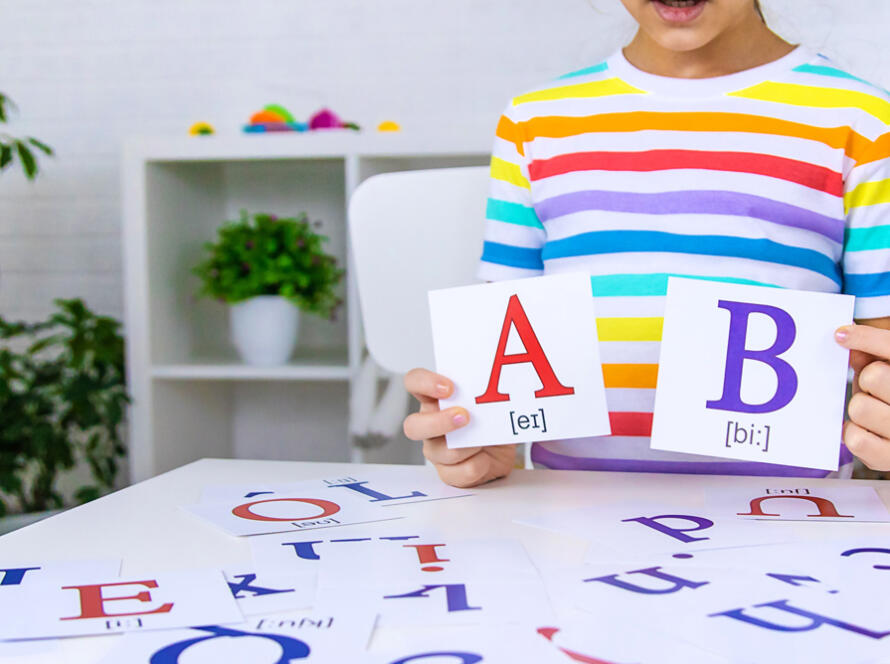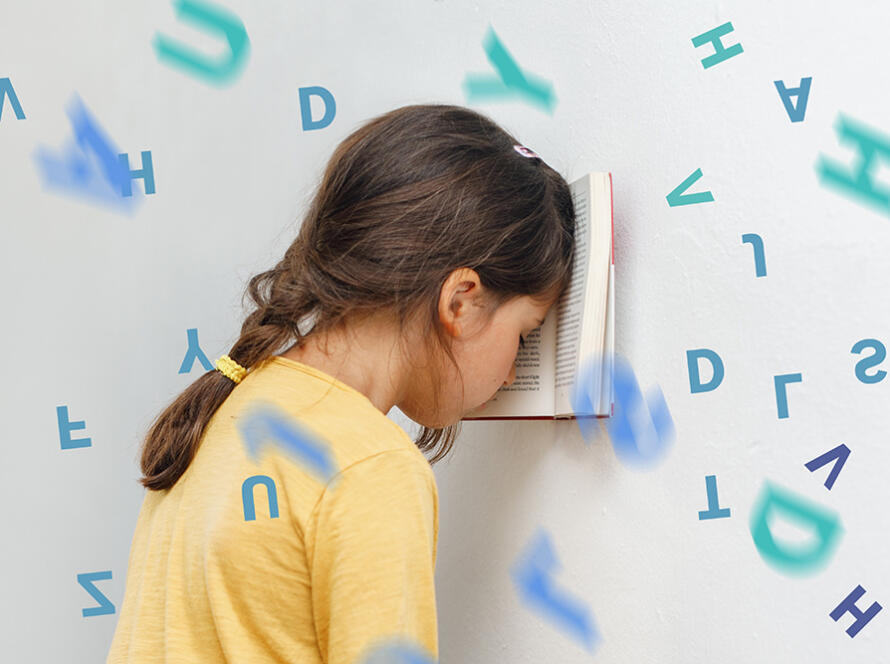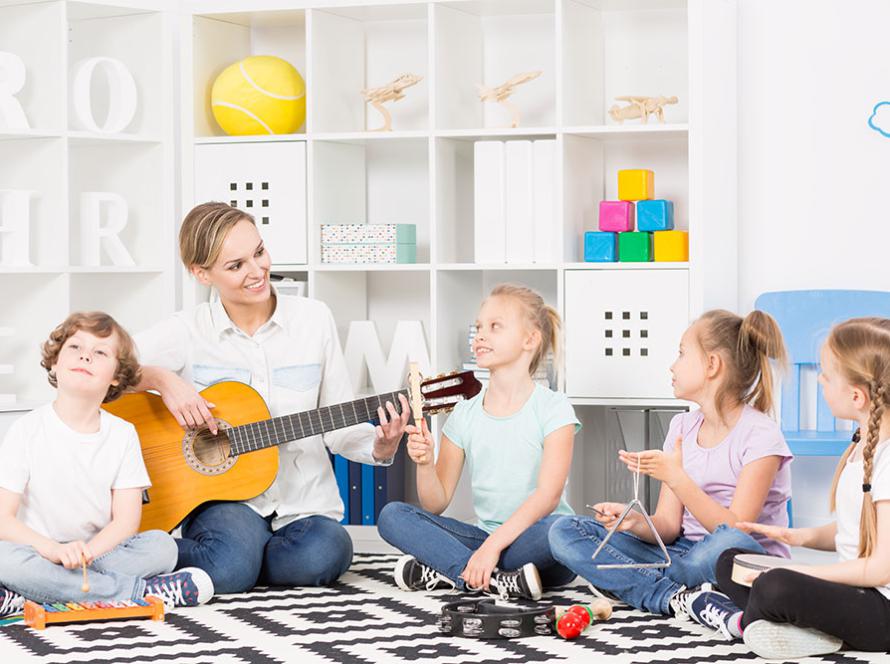Have you ever thought about when kids really start grasping what they read? You might assume it’s when they first start reading print, but hold up – reading comprehension kicks off way earlier than you’d think. Yes, long before your little one can spell their name, they’re already laying the groundwork for understanding stories. Surprising, right? Well, buckle up, because we’re about to blow your mind with some cool insights into how kids really learn to make sense of what they read. Whether you’re a parent, or a teacher, this will change how you think about nurturing those budding bookworms in your life.
Reading Comprehension Starts Before Print
You might think reading comprehension kicks off when your little one first cracks open a book, but surprise! It actually begins way before that. Let’s dive into why understanding starts long before the ABCs.
Laying the Foundation
Have you ever noticed how your child’s eyes light up when you read them a bedtime story? That’s comprehension in action! When you snuggle up with a picture book, you’re not just bonding – you’re building crucial skills. As you point out colorful illustrations and chat about the story, your child is connecting words to images and concepts. This early exposure is like planting seeds for future reading success.
The Power of Everyday Chatter: Nurture Reading Comprehension Before Print
Think about your daily conversations with your little one. Whether you’re describing what’s for dinner or explaining why the sky is blue, you’re constantly expanding their vocabulary and world knowledge. These casual chats are the building blocks of comprehension. The more words and ideas they’re exposed to, the easier it’ll be for them to understand written text later on.
Beyond Words: The Role of Play
Believe it or not, playtime is prime time for developing comprehension skills. When your child acts out stories with dolls or builds imaginary worlds with blocks, they’re learning to create and follow narratives. This ability to construct and understand stories is a cornerstone of reading comprehension. So next time you’re knee-deep in a make-believe tea party, remember: you’re nurturing a future bookworm!
The Skills Needed to Nurture Reading Comprehension Before Print
You might think reading comprehension is all about decoding those squiggly symbols on a page, but there’s so much more to it! Let’s dive into the skills your child needs to truly understand what they’re reading.
Language Development
First things first, your child has got to have a solid grasp of language. This isn’t just about knowing big words (though that helps). It’s about understanding how sentences work, picking up on context clues, and getting the gist of what’s being said. Think of it as the foundation for your child’s reading comprehension house.
Background Knowledge to Facilitate Reading Comprehension Before Print
Ever read something and felt totally lost? That’s where background knowledge comes in handy. The more you know about the world, the easier it is to understand new information. So, encourage curiosity and learning about various topics – it’ll pay off when your child is tackling new reading material.
Critical Thinking
Here’s where things get really interesting. Reading comprehension isn’t just about taking in information; it’s about processing it. Your child needs to be able to analyze, question, and make connections. It’s like being a detective, piecing together clues from the text to understand the bigger picture.
Focus and Attention
In our world of constant distractions, being able to focus is a superpower. When reading, we need to tune out the noise and really engage with the text. It’s not always easy, but it’s a skill your child can definitely improve with practice. And showing your kid how focused you are on the text will push them to pay more attention to the story you’re reading to them. After all, your children look up to you.
Remember, these skills aren’t just for reading printed text. They apply to everything from understanding stories told aloud to interpreting visual information. So next time you pick up a book to read to your little one, know that your child isn’t the only beneficiary; you too are flexing some serious mental muscles!
Fostering Early Reading Comprehension Skills
Hereafter are some ideas to help you foster reading comprehension skills in your child from an early age.
Start with the Basics to Foster Reading Comprehension Before Print
It is a popular misconception that reading comprehension starts with print. But, as a parent or caregiver, you’re already laying the groundwork for your child’s reading skills, even if you don’t realize it. Every time you chat with your kid, read them a story, or point out signs and labels in your daily life, you’re building their comprehension muscles.
Make it Fun and Interactive
Reading doesn’t have to be a chore – make it an adventure! When you’re flipping through a storybook together, don’t just recite the words. Ask your child questions about the pictures, the characters, or what they think might happen next. This back-and-forth exchange not only keeps them engaged, but also helps them start connecting the dots between words, images, and ideas.
Embrace Everyday Opportunities to Encourage Reading Comprehension Before Print
Reading comprehension isn’t limited to books. You can foster these skills during your daily routines:
- While grocery shopping, ask your child to “read” the pictures on food packages.
- Play “I Spy” games with street signs or billboards during car rides.
- Encourage your little one to “read” their favorite bedtime story to you, even if they’re just reciting from memory.
Remember, the goal isn’t perfection – it’s about making reading a natural, enjoyable part of your child’s world. By nurturing these early skills, you’re setting them up for a lifetime love of reading and learning.
Conclusion
So there you have it – print isn’t the starting line for reading comprehension after all. Pretty mind-blowing, right? As you interact with the children in your life, remember that every conversation, every story time, every silly song is laying the groundwork for their future reading skills. You’re already doing the work, even if you don’t realize it. So keep chatting, keep singing, keep engaging those little minds. And when they do start tackling printed words, they’ll have a rock-solid foundation to build on. Who knew you were such a reading comprehension guru all along? Now go forth and nurture those budding bookworms!








